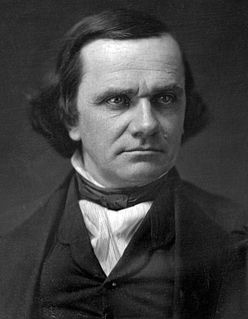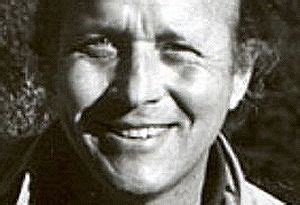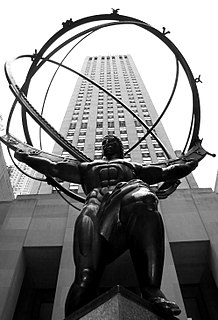A Quote by Salvatore Quasimodo
After the turbulence of death, moral principles and even religious proofs are called into question.
Quote Topics
Related Quotes
If you start parsing the cause-and-effect chain backward through time, eventually you land in cosmology - does the story begin with the Big Bang or the out-of-nothing creation of the world by the word of a Southern Baptist god? And that question is even more fraught than any of the others. The stakes couldn't be any higher, because not it's not just a question of life and death, but also a question of life after death or eternal torture after death.
By helping to raise man above the level of bestial vegetation, faith contributes in reality to the securing and safeguarding of his existence. Take away from present-day mankind its education-based, religious-dogmatic principles- or, practically speaking, ethical-moral principles- by abolishing this religious education, but without replacing it by an equivalent, and the result will be a grave shock to the foundations of their existence.
I think we live in slavery to fear. Most people don't have an answer to the death question and really don't even have a philosophy. That is a puzzle to me. I think even if I was not a Christian, I would want to at least have a personal solution to the death question. Otherwise, death is just a frightening thing.
Submission does not mean being weak or passive. It leads to neither fatalism nor capitulation. Just the opposite. True power resides in submission. A power that comes from within. Those who submit to the divine essence of life will live in unperturbed tranquility and peace even when the whole wide world goes through turbulence after turbulence.
Mathematicians are proud of the fact that, generally, they do their work with a piece of chalk and a blackboard. They value hand-done proofs above all else. A big question in mathematics today is whether or not computational proofs are legitimate. Some mathematicians won't accept computational proofs and insist that a real proof must be done by the human hand and mind, using equations.
I am now speaking of rights under the Constitution, and not of moral or religious rights. I do not discuss the morals of the people of Missouri, but let them settle that matter for themselves. I hold that the people of the slaveholding States are civilized men as well as ourselves, that they bear consciences as well as we, and that they are accountable to God and their posterity and not to us. It is for them to decide therefore the moral and religious right of the slavery question for themselves within their own limits.


































